TV 2017 Year in Review: There’s no such thing as the small screen anymore - it's now easily rivaling Hollywood
Executive Editor Andy Hartup looks back on the highs (and lows) from the world of TV in 2017
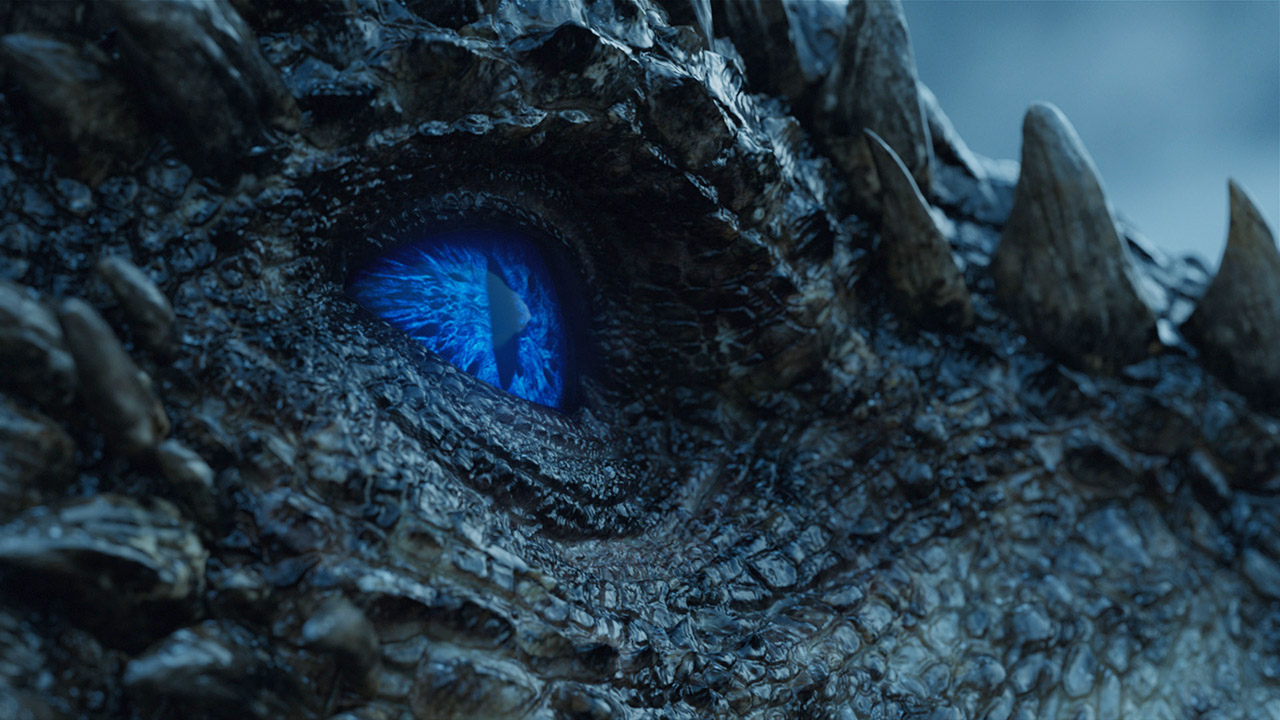
There’s little doubt we’re living in a golden age of TV. We’ve never had it so good, both in terms of the variety of shows on offer, and the budgets and scope of the stuff we’re watching. 2017, then, is the crest of the current TV wave, bringing incredible new series, resurrecting classics, and offering the latest, greatest instalments of pre-established favourites. What we’re seeing is a definite shift in the power hierarchy of the ‘big’ and ‘small’ screens, with TV becoming an increasingly dominant player in the war for viewers’ time and money. The result is bigger budgets, bigger stars, and a much wider variety of quality viewing. And regardless of what delights and what flops, the winner is us, with our Netflix subscription and newly colour-corrected 4K TV.
Read more: The best TV shows of 2017
Speaking of Netflix, the streaming giant has had another decent year. Even with a noticeable push into Original movies, the TV output hasn’t slowed pace, although the best stuff didn’t appear until late in the year. While Santa Clarita Diet was a strong opener in January, there was nothing truly stellar until October. Mindhunter is undoubtedly the best, original show on Netflix right now, and the mighty Stranger Things S2 hit towards the end of the month even if the show felt less gripping than the original series. The Keepers and Autopsy of Jane Doe (not an Original, but still great) kept things interesting during the summer, but the much-hyped Defenders was a relative flop, offering predictability and endless punching over genuine thrills and character progression. Shame. Still, some people enjoyed it.
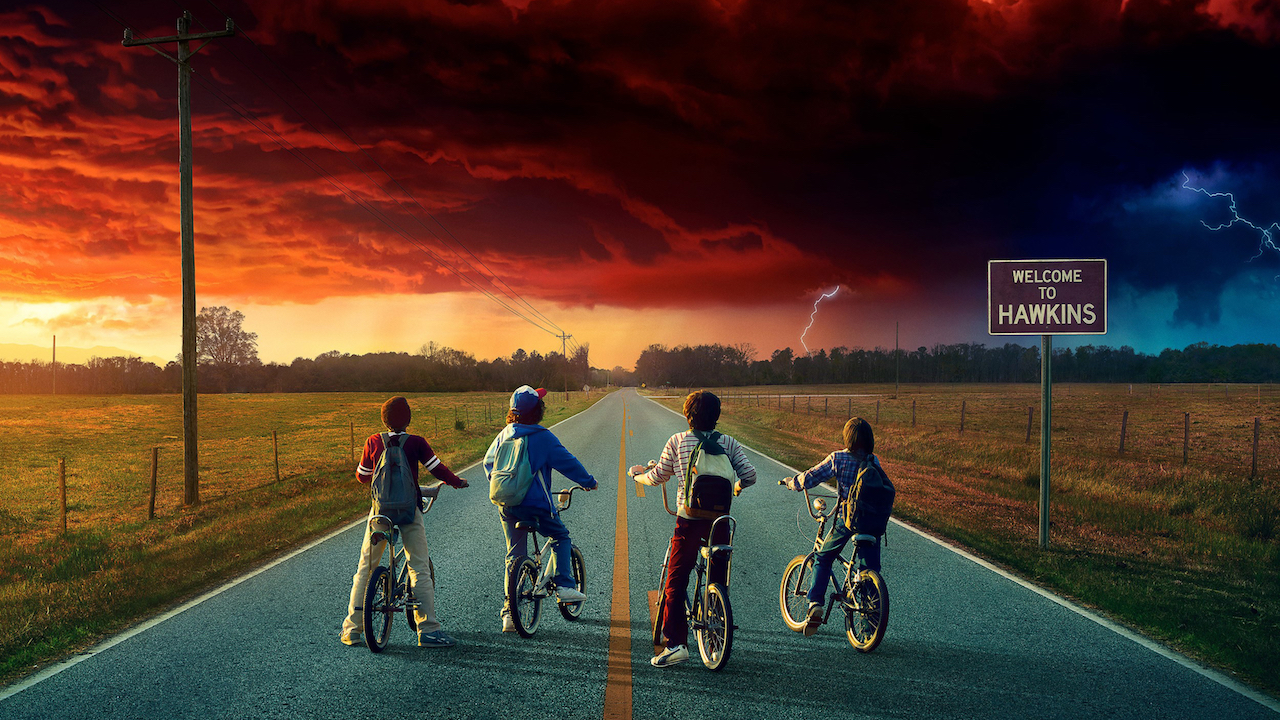
What impressed massively, hiding Marvel’s TV blushes, is The Punisher. Easily the best of Marvel’s TV outings, it delivers much needed peril and brutality to a universe that feels like it’s growing stale on endless lore and tired quips. By the horrific, savage end, you’ll share Frank Castle’s pain as he unleashes his final, sickening punishment using... well, that would be telling. Brilliant too is Netflix’s first German Original, Dark, which offers a twisted crime drama with some mind-bending sci-fi thrown in for variety. Watch it, subtitles on, English dub off! Godless split opinion, but there’s no denying the power of the concept, and shows like Master of None and the wonderful GLOW continued to demonstrate the versatility of Netflix’s strong comedy offering.
Netflix wasn’t just in the headlines for its shows, sadly. Original movie Okja garnered boos and snubs from the snobs at Cannes, the traditional movie industry’s dinosaurs refusing to give Netflix its dues for backing a wonderful, inventive film. The streaming service proved its progressive nature later in the year too, responding to the Kevin Spacey controversy by halting production on its flagship Original, House of Cards, and retooling it without Spacey for 2018. A ballsy move, for sure, but the right thing to do. Finally, Netflix increased its subscription prices in November. I’m no fan of increased costs, but given the wealth of stuff now available on the service it seems churlish to complain too loudly. In all, Netflix had a strong if not outstanding year, and continues to dominate TV culture by volume and innovation, rather than blockbuster shows.
The greatest game
Speaking of blockbusters, let’s talk about Game of Thrones season 7. There’s no doubting the scale and ambition of the latest run of episodes, but despite the huge budgets clearly lavished on HBO’s behemoth, it all felt a little rushed (looking at you, Gendry, the teleporting blacksmith). While season 6 nailed the balance between action, plot revelations, and quiet build-up, season 7 felt like it shouted itself hoarse over the course of its seven episode run. Of course, it’s all relative, and in truth only the new Star Trek Discovery came close to knocking Thrones off the, er, TV throne for 2017. Whether or not we see season 8 in 2018, there’s a sense that the finale of the world’s biggest TV show will be genre-defining. Even if some of season 7 felt sacrificed to heighten the last hurrah’s impact.
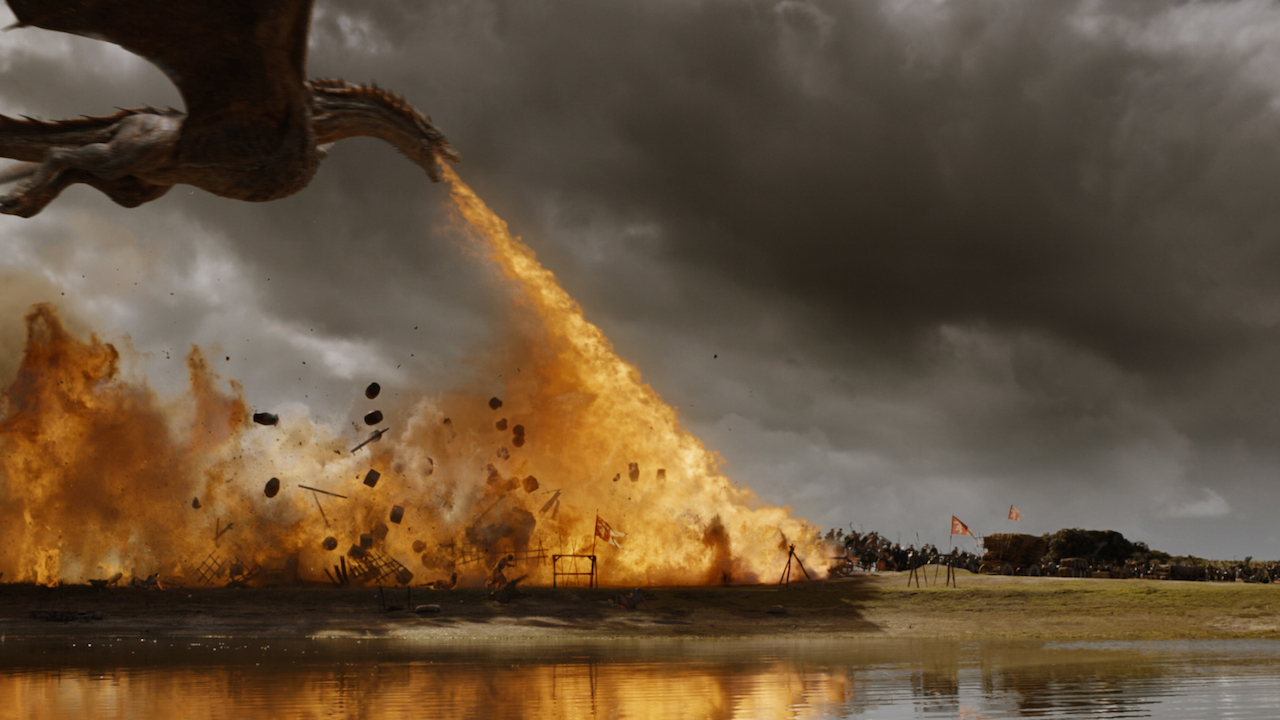
We almost rolled straight from Game of Thrones, which finished in September, into Star Trek Discovery. Maligned by hardcore Trekkies, Discovery is nonetheless brilliant TV, dragging the franchise firmly into 2017 and providing some of the best single episodes you’ll watch this year. The two-part opener is a masterclass in grabbing the attention of new viewers, and looks stunning in 4K on Netflix Ultra. Meanwhile, bottle-episode Magic to Make the Sanest Man go Mad is pure Trek brilliance, playing the old time-loop mechanic to perfection. Add in some intriguing characters, a handful of fan-bothering Easter eggs and theories, and Discovery is near-perfect TV. “My favourite show of the year was Star Trek: Discovery,” says Richard Edwards, Editor of SFX magazine. “I know it upset some Trek purists, but it's absolutely the Trek we need in the 21st century, with a decent arc plot, a morally ambiguous captain, and decent conflict between the characters.” The best bit of all? We get another run of episodes from the start of January!
Sign up to the SFX Newsletter
Get sneak previews, exclusive competitions and details of special events each month!
The only downer was the delivery platform used to show Star Trek in the US. While lucky UK viewers enjoyed the whole thing on warm, stable Netflix, the US was forced to view on the clunky, controversial CBS All Access streaming platform. There was severe human drama (not just in Star Trek), and it’s likely old wounds will be opened up again in a couple of weeks. Shame - the show deserves a huge audience.
Superheroes and superzeroes
Elsewhere, most major TV owners gave us something interesting and hugely watchable. Fox brought Legion in February, offering a smart, slow-burning take on the X-Men universe, which felt like a welcome change of pace from the predictable, stunt-obsessed movies. “It feels like we may have passed ‘peak superhero show’,” says Edwards “We've had a couple of turkeys in the form of Inhumans and Iron Fist, The Defenders was only just the right side of average, and it's only groundbreaking shows like Legion, prepared to play around with comic book tropes, that are feeling truly essential.”
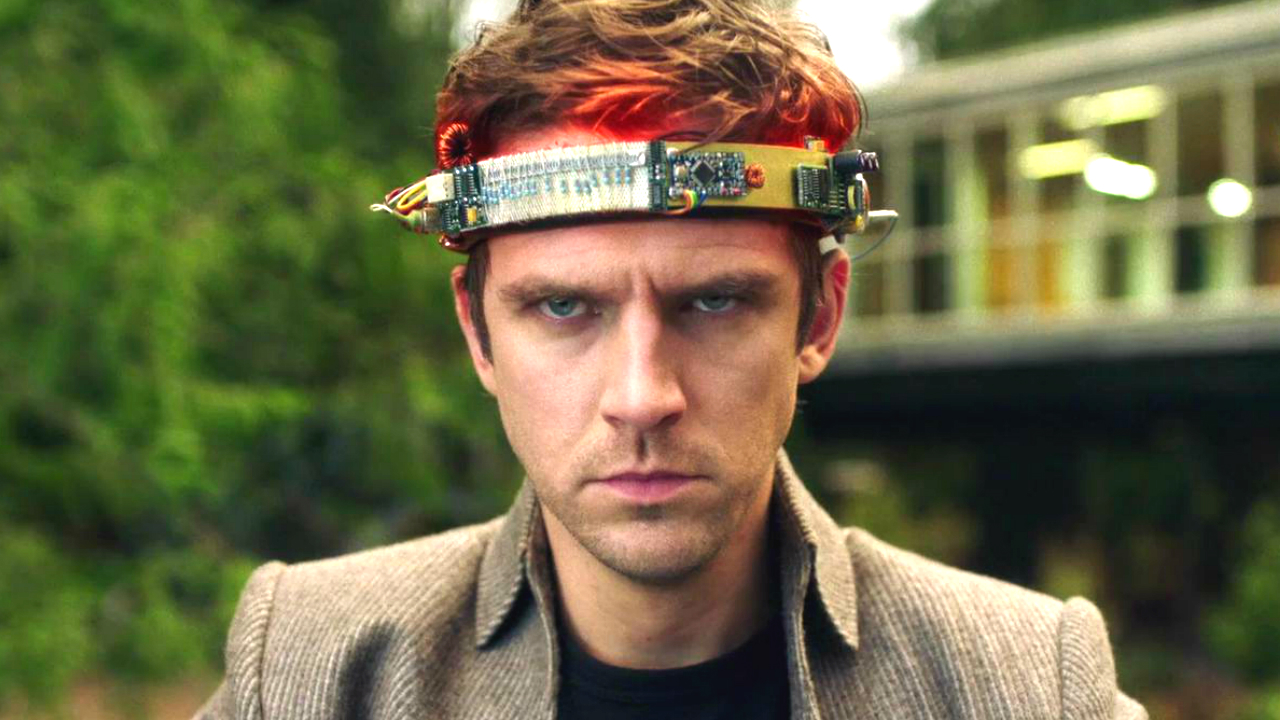
A Handmaid’s Tale offered a terrifying vision of a US dystopia, and featured some enthralling performances from its main players. Likewise Crazy Ex-Girlfriend became part of a growing club of mainstream TV shows that seriously want to address issues entertainment has often shied away from. “Crazy Ex-Girlfriend continues to brilliantly tackle just about every music genre you can think of, while pushing boundaries when it comes to sex (becoming the first US network show to say "clitoris") and tackling important mental health issues in unflinching, and sensitive, ways,” says Ian Sandwell, TV writer on Digital Spy. “Lead star Rachel Bloom was absolutely robbed at the Golden Globes.”
The BBC made a couple of bold attempts to push its drama to the streaming generation with Taboo (rather good) and Gunpowder (rather not, thank you). The Expanse season 2 brought more thoughtful, dirty sci-fi, and even Doctor Who upped his game for the final season of Peter Capaldi’s run as the Time Lord. Showtime brought back Twin Peaks, and while it was hugely divisive, there’s little doubting the show’s ambitions. Yeah, that means I didn’t like it - thanks a bunch, Dougie. Elsewhere, it became clear that there’s a treasure trove of older movies and TV ripe for updating. “It also felt like the past was being mined even more than usual, with comebacks for the likes of Will and Grace, Dynasty, and Twin Peaks, along with the upcoming returns of Charmed, Heathers, Roseanne, and more,” explains Sandwell.
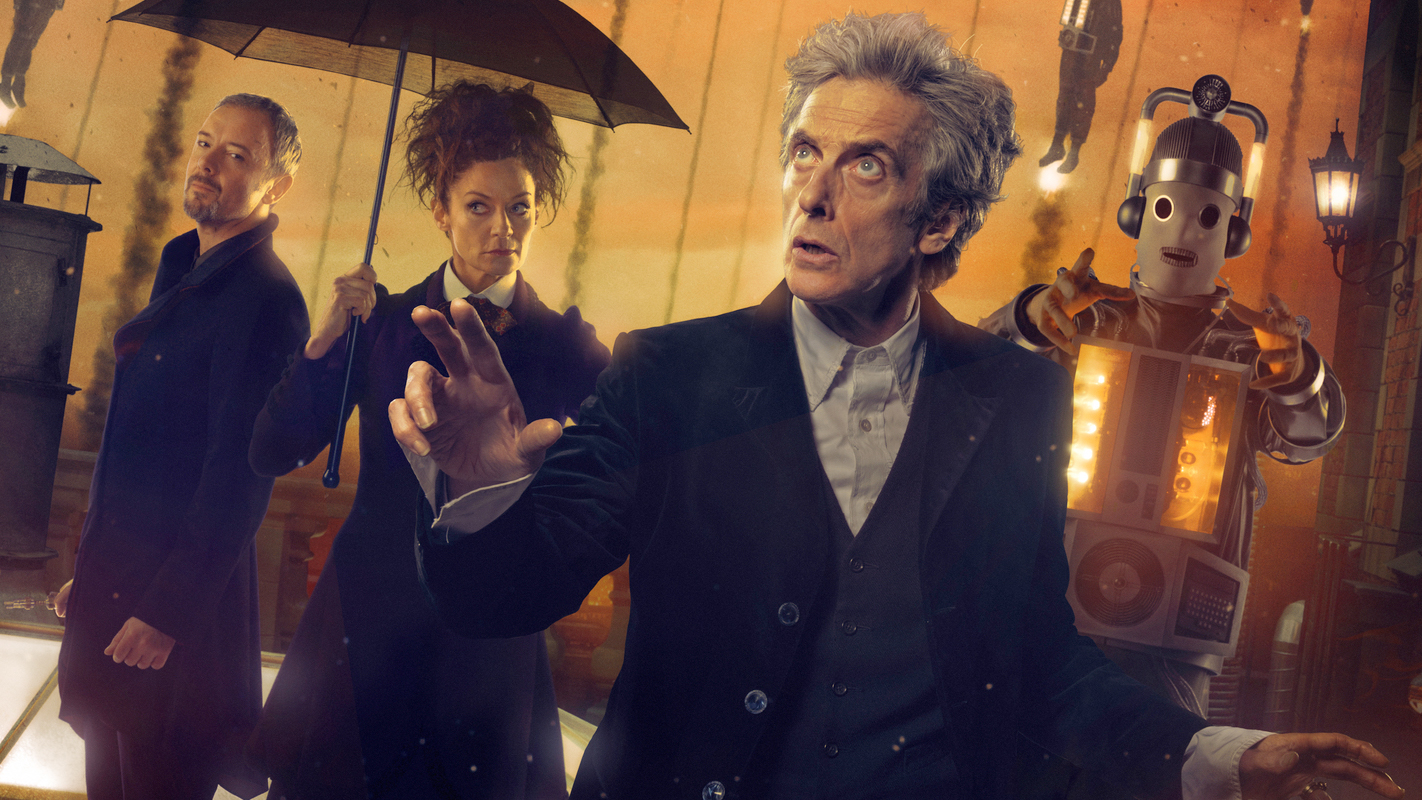
It wasn’t all good news for original shows, however, and there were a fair number of flops. American Gods looks and feels lavish, but is ultimately hollow and dissatisfying, while Marvel’s Inhumans managed to achieve one of the lowest aggregate scores ever on Rotten Tomatoes. And The Walking Dead? That show has been ironically lifeless for a couple of seasons now, and feels like life imitating art as it slowly shuffles forward to inevitable apathy.
Never had it better
Increasingly, it becomes tough to define what TV actually means, as all kinds of media attempt to cram themselves down our broadband pipes, aerials, and cables, through to our eyes. There are so many shows I could mention that draw millions of viewers, and to be honest it could have been a rotten year for traditional soaps, reality TV, and whatever the hell Jersey Shore is. Aside from an outdated reference. What’s clear is that we’ve never had as much variety, and the shows that make the biggest noises are increasingly able to back-up the hype they generate. “There's no doubt we are living in a golden age of TV,” summaries Edwards. “The likes of Netflix, Amazon, and Hulu getting into TV production has made everybody else raise their game to the extent where we don't just have loads of TV to watch, we have loads of brilliant TV to watch. Of course, that means there's too much good stuff for any single person to keep up with, but that's a nice problem to have.”
While not a huge step forwards or backwards from 2016, TV is building momentum year on year, and increasingly becoming the place we go for the majority of our entertainment as it slots neatly into our lifestyles by giving us what we want, when we want it. Well, aside from the fact that I want the final season of Game of Thrones right now, but for some reason can’t have it… Oh well, there’s plenty to watch in the meantime.



